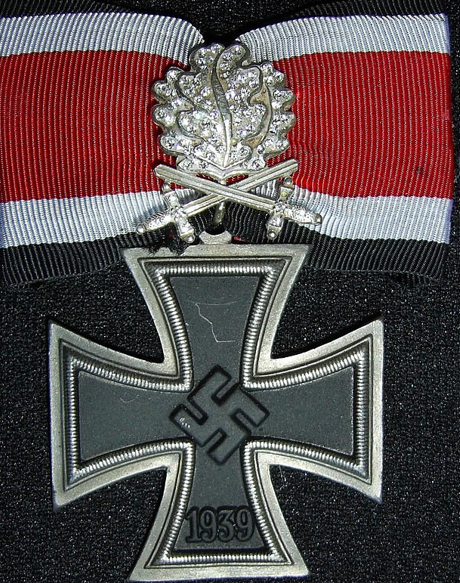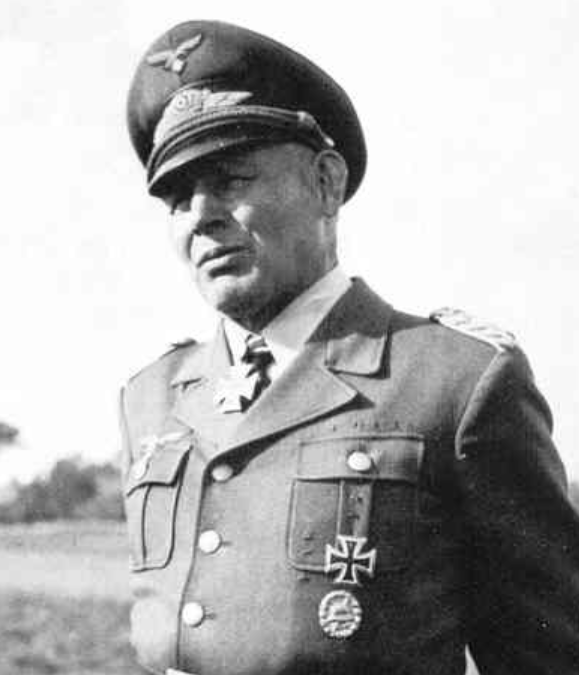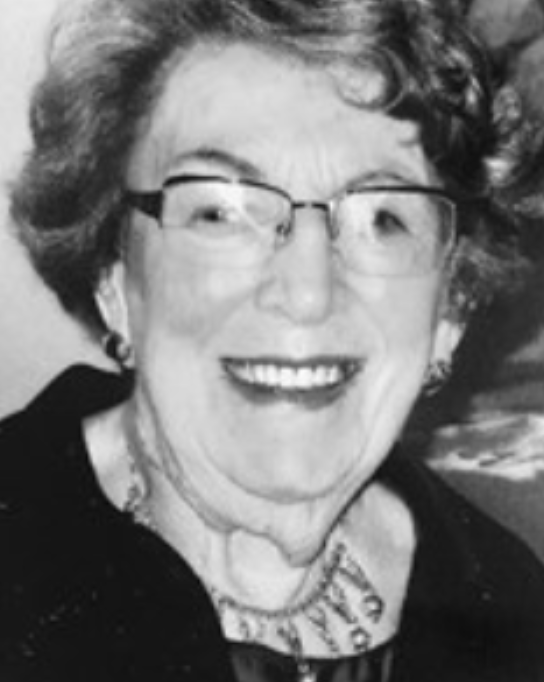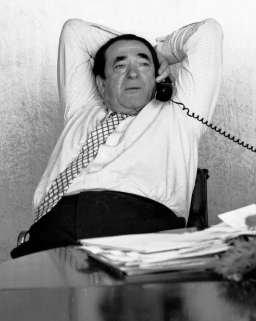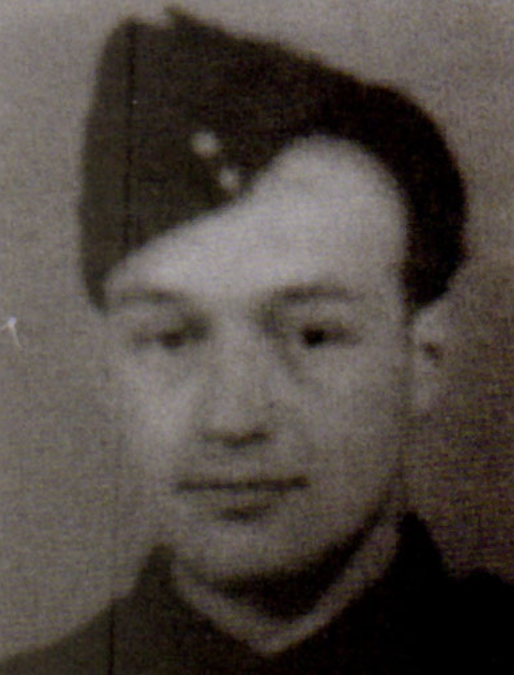In 1945, Field Marshal Ernst Busch’s sudden death at Wilton Park was shrouded in secrecy, with no immediate records or death certificate.
This thread uncovers the covert funeral and a German general's emotional plea for military honours:
(🧵)
This thread uncovers the covert funeral and a German general's emotional plea for military honours:
(🧵)
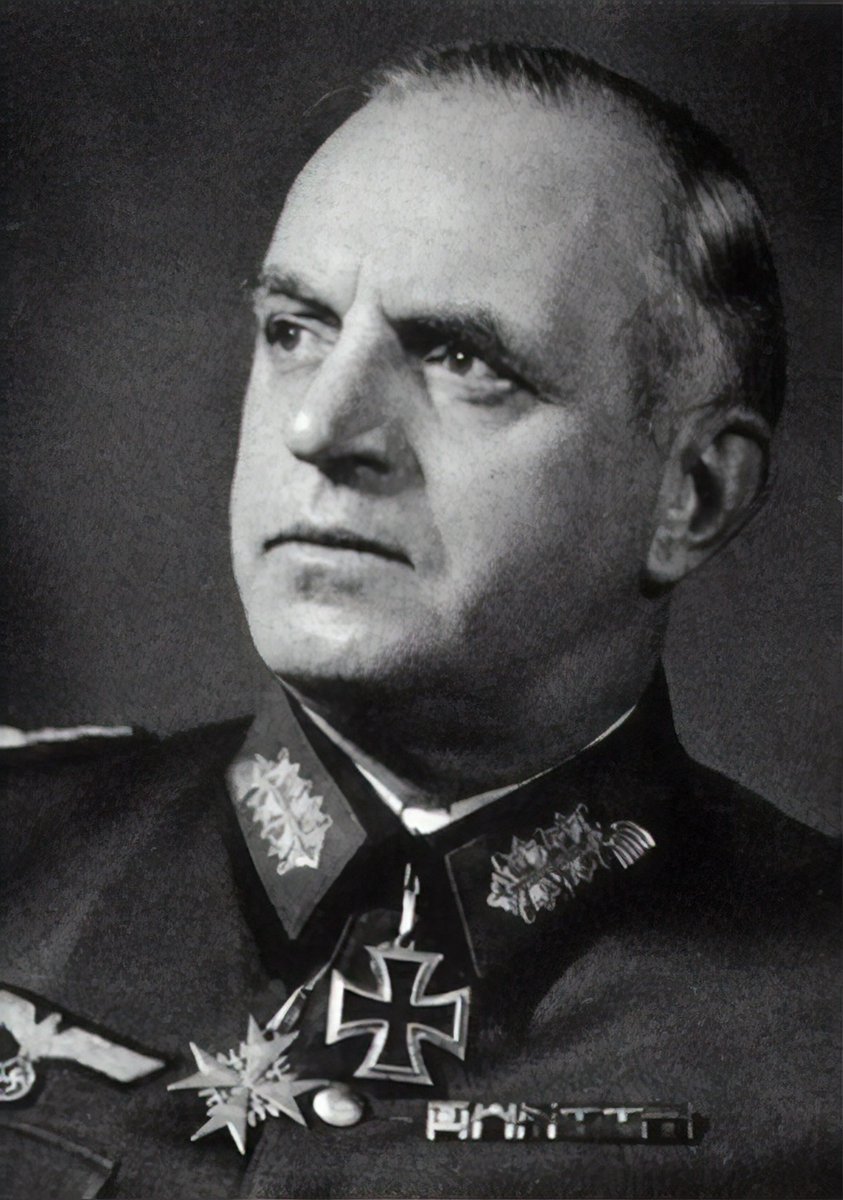
Field Marshal Ernst Busch, Commander of all German forces in northwest Europe, was never transferred to Trent Park. He remained at Wilton Park because of ill health.
On 17 July 1945, he died of a heart attack in his room at Wilton Park before his batman could summon any help.
Given his status as a Field Marshal, it is perhaps surprising to find no personal MI19 file for him or any official report of his death. His funeral and burial went ahead without the customary issuing of a death certificate.
(continued)
On 17 July 1945, he died of a heart attack in his room at Wilton Park before his batman could summon any help.
Given his status as a Field Marshal, it is perhaps surprising to find no personal MI19 file for him or any official report of his death. His funeral and burial went ahead without the customary issuing of a death certificate.
(continued)
One was finally issued on 14 September 1945, signed by Registrar W. Stokes, nearly two months after the date of death, and Nottingham hospital was given as the place of death, not Wilton Park.
Why the death was kept secret for two months is not clear, but probably to protect the existence of Wilton Park as a special POW camp from the public eye.
The informant of death was Major Commandant St Clare Grondona of No.7 P.W. Camp (Annex) Beaconsfield and the cause was given as chronic myocarditis (heart attack), diagnosed by Dr J.S. Smith.
Immediately after the death, St Clare Grondona awaited instructions from the War Office about the funeral. An urgent reply came through that Busch’s body was to be removed from the White House at Wilton Park by motor hearse to Aldershot the following day.
The body could be accompanied by ‘reasonably appropriate military honours’.
(continued)
Why the death was kept secret for two months is not clear, but probably to protect the existence of Wilton Park as a special POW camp from the public eye.
The informant of death was Major Commandant St Clare Grondona of No.7 P.W. Camp (Annex) Beaconsfield and the cause was given as chronic myocarditis (heart attack), diagnosed by Dr J.S. Smith.
Immediately after the death, St Clare Grondona awaited instructions from the War Office about the funeral. An urgent reply came through that Busch’s body was to be removed from the White House at Wilton Park by motor hearse to Aldershot the following day.
The body could be accompanied by ‘reasonably appropriate military honours’.
(continued)
Regular British troops practised the funeral drill for two hours ahead of the ceremony and staged an impressive ceremonial parade:
'Next morning, two lines of troops with heads bowed over their reversed arms were drawn up between the steps of the White House and the hearse on the wide carriageway; and another party stood ready to slow-march ahead of the short column as it moved 400 yards to the South gate of the inner perimeter. Von Rundstedt and about 20 generals walked to the rear of the hearse, with British officers behind them. Then, as the gate was approached, there was a brief halt while the advance party formed two lines on either side of the hearse, and, as it moved on, they presented arms. Von Rundstedt raised his Marshal’s baton and we all came to the salute till the hearse had passed through the gate – when it accelerated in setting out on its journey.'
(continued)
'Next morning, two lines of troops with heads bowed over their reversed arms were drawn up between the steps of the White House and the hearse on the wide carriageway; and another party stood ready to slow-march ahead of the short column as it moved 400 yards to the South gate of the inner perimeter. Von Rundstedt and about 20 generals walked to the rear of the hearse, with British officers behind them. Then, as the gate was approached, there was a brief halt while the advance party formed two lines on either side of the hearse, and, as it moved on, they presented arms. Von Rundstedt raised his Marshal’s baton and we all came to the salute till the hearse had passed through the gate – when it accelerated in setting out on its journey.'
(continued)
The other generals immediately discussed amongst themselves the kind of funeral that they would arrange for the Field Marshal and submitted their requests to Captain Lang, the Intelligence Liaison Officer in charge of prisoners at Wilton Park.
Later that day, St Clare Grondona received instructions from the War Office that eight German generals and Field Marshal von Rundstedt would be granted permission to attend the funeral.
The following day, St Clare Grondona, Captain Lang and four armed guards escorted the delegation from Wilton Park to the Aldershot military cemetery for the funeral. They were driven in an army coach, the blinds drawn down over the windows.
(continued)
Later that day, St Clare Grondona received instructions from the War Office that eight German generals and Field Marshal von Rundstedt would be granted permission to attend the funeral.
The following day, St Clare Grondona, Captain Lang and four armed guards escorted the delegation from Wilton Park to the Aldershot military cemetery for the funeral. They were driven in an army coach, the blinds drawn down over the windows.
(continued)
St Clare Grondona recalled:
'As we entered Eton, I thought it would be as well to let these Generals see that life hereabouts was going on as usual, so I had the blinds raised sufficiently to enable them to see, without being seen, until we had passed Windsor Castle. But, as we drew clear of Windsor Great Park, the blinds were drawn down again. The Germans had been very interested to see the Eton boys and were quite excited when we passed the Castle.'
During the journey, von Rundstedt asked St Clare Grondona whether there would be a firing squad from the Brigade of Guards at the ceremony. St Clare Grondona was non-committal in his response and said, ‘I have no idea what arrangements have been made by the War Office’.
(continued)
'As we entered Eton, I thought it would be as well to let these Generals see that life hereabouts was going on as usual, so I had the blinds raised sufficiently to enable them to see, without being seen, until we had passed Windsor Castle. But, as we drew clear of Windsor Great Park, the blinds were drawn down again. The Germans had been very interested to see the Eton boys and were quite excited when we passed the Castle.'
During the journey, von Rundstedt asked St Clare Grondona whether there would be a firing squad from the Brigade of Guards at the ceremony. St Clare Grondona was non-committal in his response and said, ‘I have no idea what arrangements have been made by the War Office’.
(continued)
He later reflected:
'I marvelled at the outlook of this man who had seen all our newspaper’s gruesomely illustrated accounts of the terrible discoveries made at the concentration camps, and who even yet imagined that a party of the King’s Household Brigade would now be detailed as a guard of honour at a German General’s funeral. He was soon disillusioned. The burial was conducted with a minimum of ceremony.'
On return to Wilton Park, St Clare Grondona received a message that von Rundstedt wished to see him in his room.
When St Clare Grondona entered, von Rundstedt asked him to be seated. They were alone.
He said to St Clare Grondona: ‘Herr Kommandant, you will receive a letter from me expressing our appreciation of the ceremony which marked the departure of our late colleague’s body from this place. But, can you tell me why he was buried today with none of the honours due to a soldier and with no respect whatever for his rank?’
(continued)
'I marvelled at the outlook of this man who had seen all our newspaper’s gruesomely illustrated accounts of the terrible discoveries made at the concentration camps, and who even yet imagined that a party of the King’s Household Brigade would now be detailed as a guard of honour at a German General’s funeral. He was soon disillusioned. The burial was conducted with a minimum of ceremony.'
On return to Wilton Park, St Clare Grondona received a message that von Rundstedt wished to see him in his room.
When St Clare Grondona entered, von Rundstedt asked him to be seated. They were alone.
He said to St Clare Grondona: ‘Herr Kommandant, you will receive a letter from me expressing our appreciation of the ceremony which marked the departure of our late colleague’s body from this place. But, can you tell me why he was buried today with none of the honours due to a soldier and with no respect whatever for his rank?’
(continued)
Von Rundstedt was clearly quite emotional, as he finished by saying: ‘None of us who were present at Aldershot today will ever forget what was a very bitter experience.’
St Clare Grondona’s response was careful: ‘You must understand the state of public opinion. There is no small amount of outrage at the concentration camps.’
Not until 1963 were Busch’s remains exhumed from the Aldershot Military Cemetery and re-interred in the German Military Cemetery, Cannock Chase in Staffordshire.
(continued...ending)
St Clare Grondona’s response was careful: ‘You must understand the state of public opinion. There is no small amount of outrage at the concentration camps.’
Not until 1963 were Busch’s remains exhumed from the Aldershot Military Cemetery and re-interred in the German Military Cemetery, Cannock Chase in Staffordshire.
(continued...ending)
And that concludes this thread on Field Marshal Ernst Busch’s sudden death.
I try to write unique threads surrounding WW2 - if you did learn something new today, please consider following me @DrHelenFry for more history surrounding this era.
(end).
I try to write unique threads surrounding WW2 - if you did learn something new today, please consider following me @DrHelenFry for more history surrounding this era.
(end).
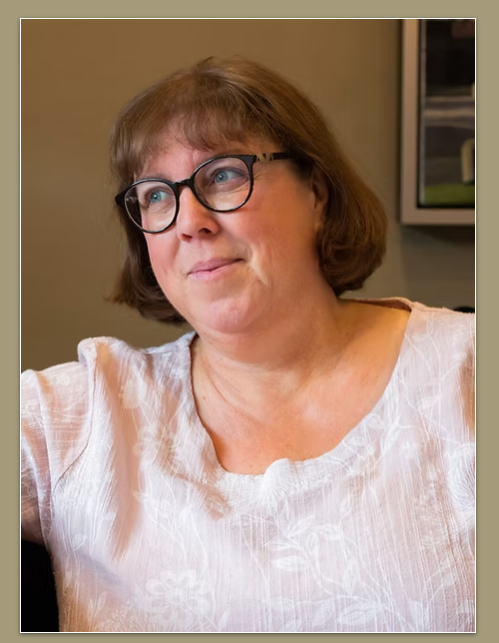
• • •
Missing some Tweet in this thread? You can try to
force a refresh


